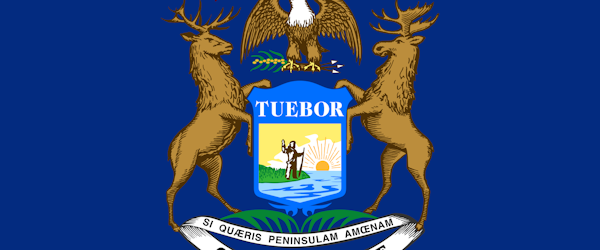
Michigan’s Biggest Insurers Must Respond to Climate Risk Disclosure Mandate
Tuesday, August 8th, 2023 Insurance IndustryThe insurance industry has been deeply shaken by the impacts of climate change, leading to substantial payouts across the nation. This trend has prompted a new regulatory requirement in Michigan, specifically targeting larger insurance firms, to openly disclose their climate change vulnerabilities and strategies for mitigation.
Termed the "Climate Risk Disclosure Survey," this initiative aims to shed light on how Michigan’s insurance companies are positioning themselves in the face of climate change.
This survey model was initially developed by the National Association of Insurance Commissioners back in 2010. Currently, more than two dozen states have already mandated its implementation. In Michigan, the spotlight is on 89 companies generating a minimum of $100 million in annual premiums, all required to complete the survey within this month.
While Michigan hasn’t encountered extreme natural disasters like wildfires and hurricanes, its residents have dealt with issues like crop damage, wildfire smoke, and flooding.
In essence, Michigan’s move to introduce the Climate Risk Disclosure Survey represents a significant step toward building resilience within the insurance sector. By fostering transparency, evaluating preparedness, and incorporating climate change risks into strategic planning, the state aims to ensure the stability and competitiveness of its insurance market in the face of an increasingly uncertain climate landscape.





